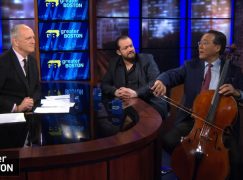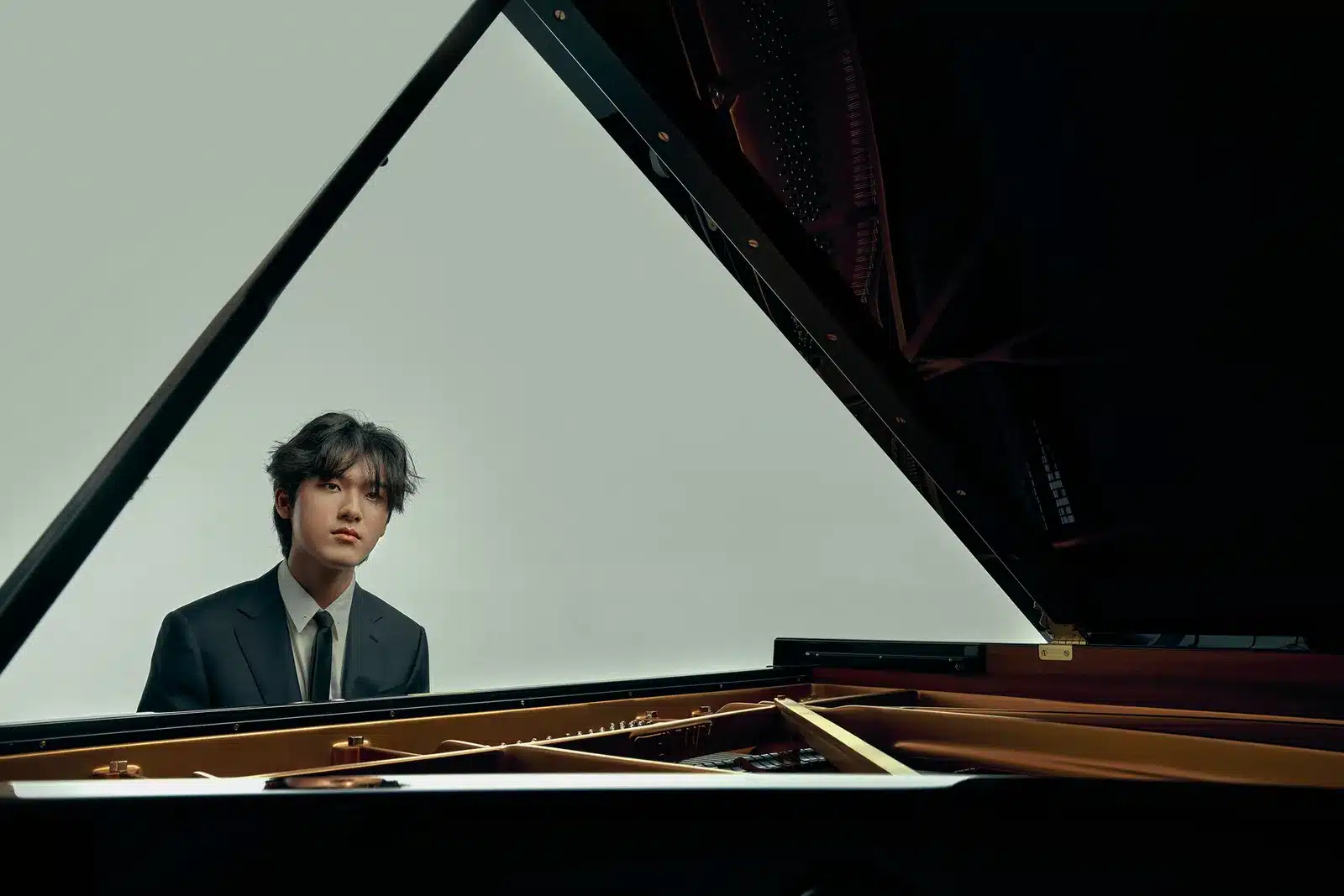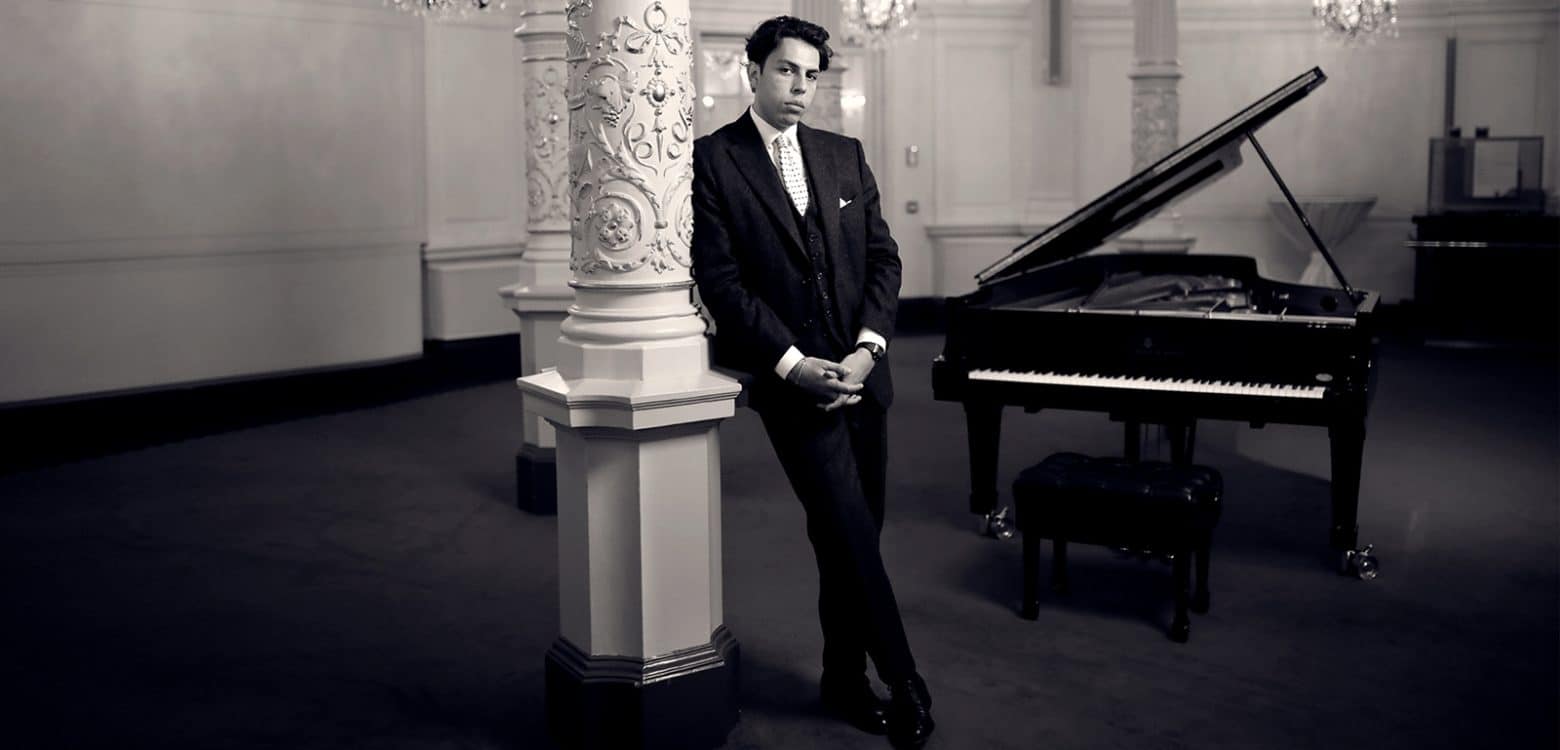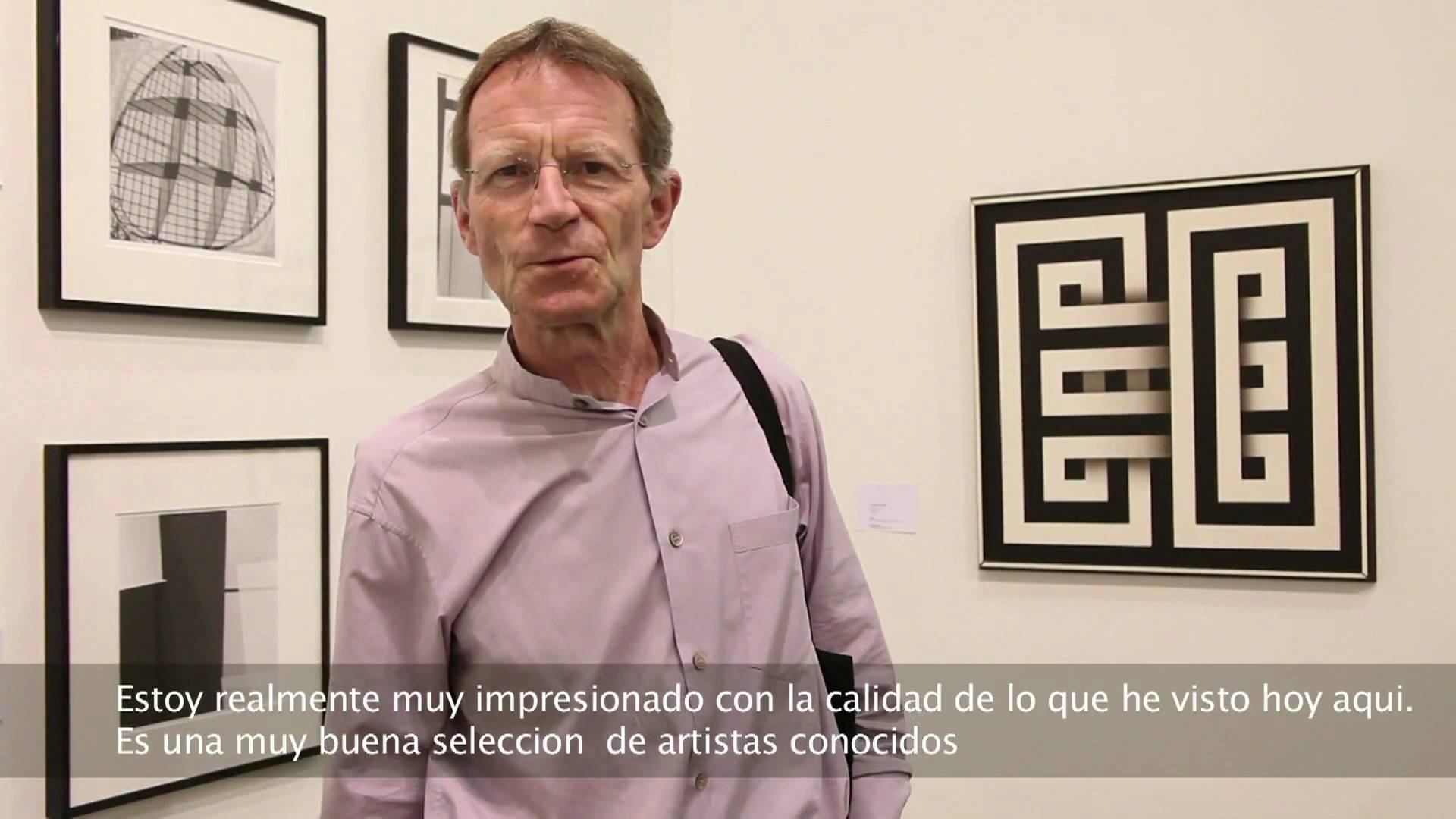Andris Nelsons: Without music, I wouldn’t be able to breathe
mainOther events this week in the life of the Boston Symphony maestro.

Other events this week in the life of the Boston Symphony maestro.
Last night, Yunchan Lim gave a recital of…

We understand that Daniel Barenboim was well enought…

This happened at the Concertgebouw and it’s causing…

Panic measures from ACE. We hear that a…

Session expired
Please log in again. The login page will open in a new tab. After logging in you can close it and return to this page.
Comments